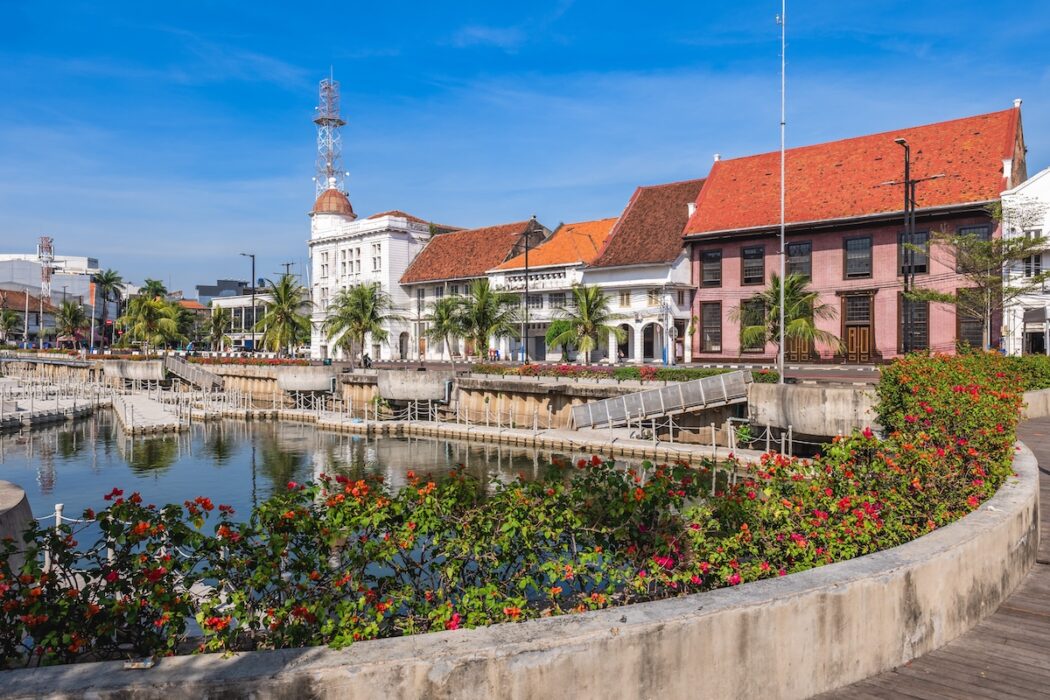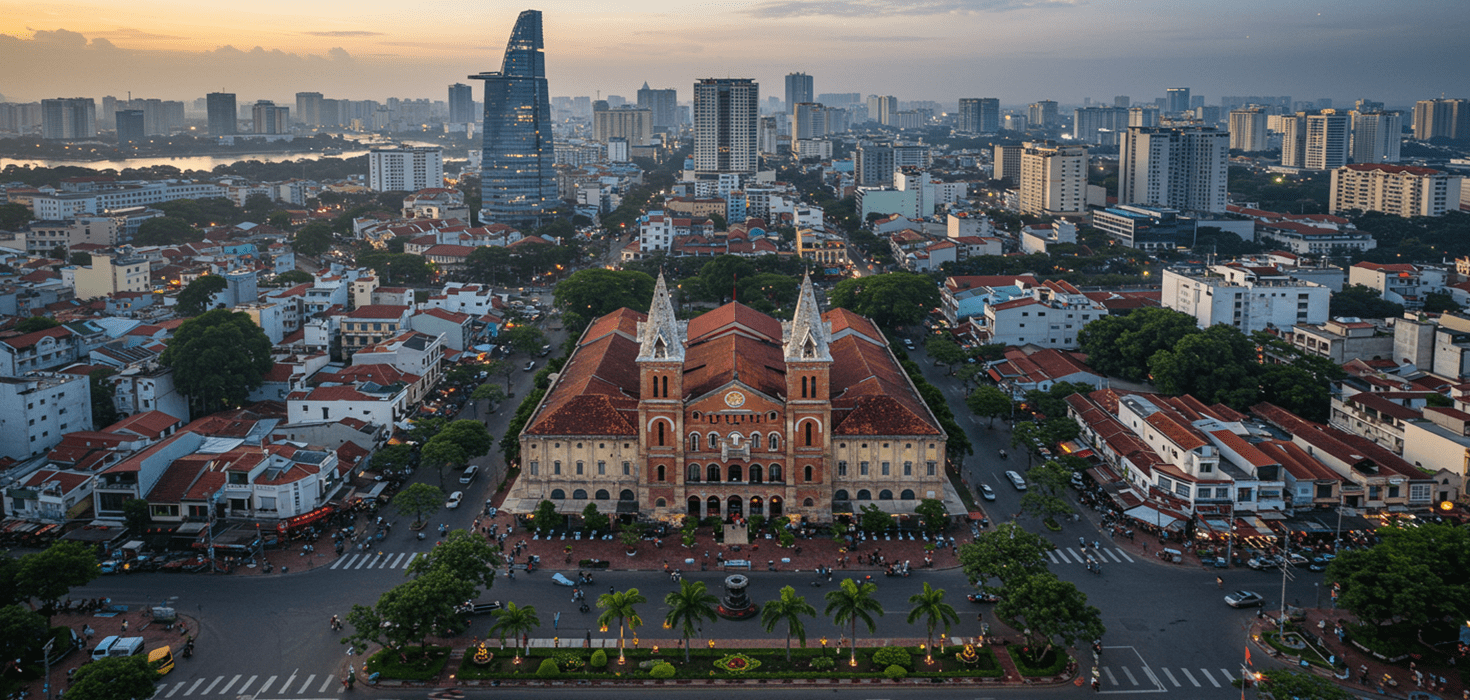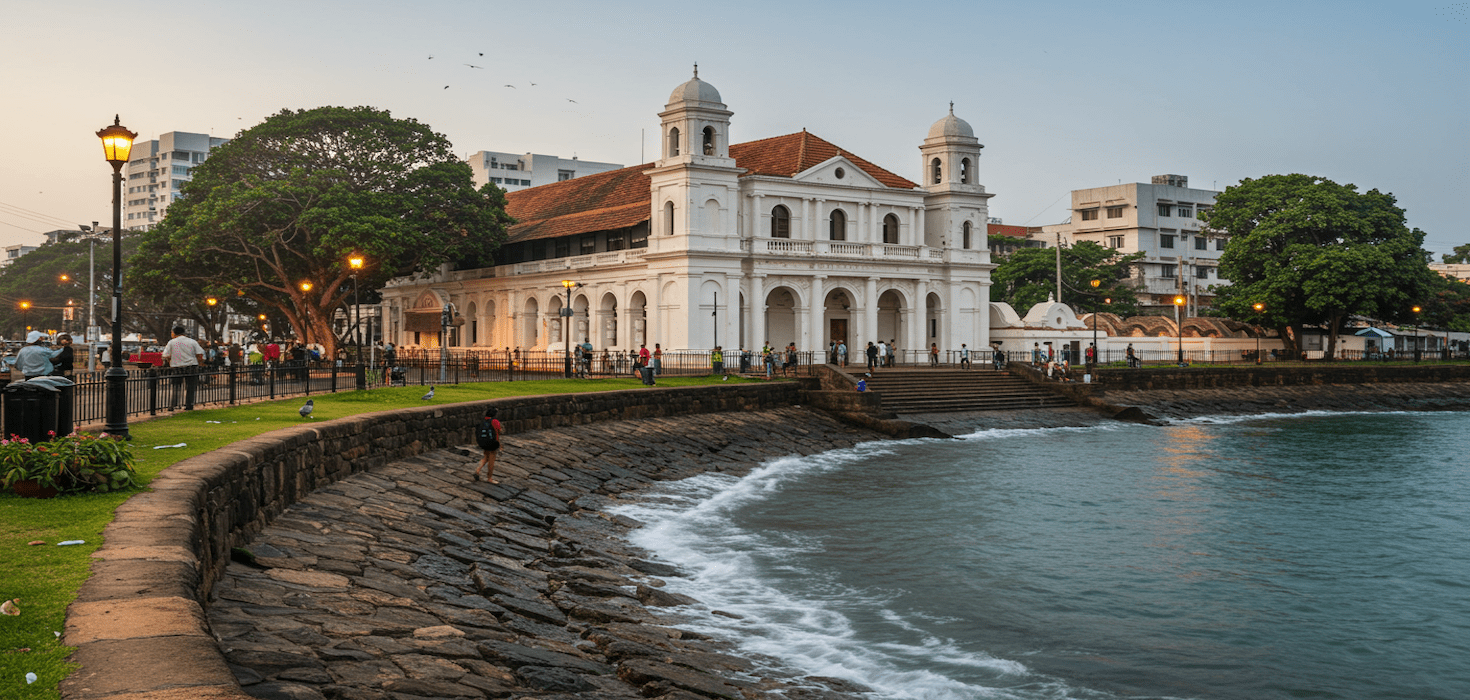Welcome to the Festive Heart of Indonesia!
Indonesia is a dazzling mosaic of cultures, languages, and traditions, where every island tells its own story through vibrant customs and rituals. With over 17,000 islands and hundreds of ethnic groups, the country’s cultural diversity is nothing short of extraordinary. One of the most captivating aspects of this rich heritage is the array of traditional festivals celebrated throughout the year. From the colorful parades of Bali to the solemn ceremonies in Java, these festivals are not just events; they are a celebration of life, community, and spirituality.
Each festival in Indonesia is a window into the soul of its people, showcasing unique traditions that have been passed down through generations. Whether it’s the sacred rituals of a Balinese ceremony or the lively street fairs in Jakarta, these celebrations reflect the deep-rooted values and beliefs of the Indonesian people. But beyond the well-known events, there are countless lesser-known festivals waiting to be discovered, each offering a chance to experience the local culture in an authentic way.
This guide is your passport to exploring Indonesia’s festival calendar, packed with practical travel tips and insights to help you engage with local customs meaningfully. Whether you’re a seasoned traveler or a first-time visitor, you’ll find that participating in these festivals is one of the best ways to connect with the heart of Indonesia. So, let’s uncover the vibrant tapestry of Indonesian festivals together!
Celebrate Indonesia: A Calendar of Cultural Festivals
Mark your calendars! Indonesia’s festival calendar is bursting with events that celebrate everything from religious observances to agricultural harvests. Here’s a glimpse into some of the major and lesser-known festivals that you won’t want to miss.
Major Festivals
Nyepi: Known as the Day of Silence, Nyepi is a unique Balinese Hindu festival that marks the start of the new year. Celebrated with a day of fasting, meditation, and silence, the island comes to a standstill, allowing for self-reflection. The day before, vibrant parades featuring giant Ogoh-Ogoh (demonic effigies) are carried through the streets, only to be burned later to rid the island of negative spirits.
Eid al-Fitr: This is one of the most significant religious celebrations for Muslims in Indonesia, marking the end of Ramadan. Families come together to share festive meals, wear new clothes, and visit the graves of loved ones. The atmosphere is filled with joy, as people exchange gifts and greetings, making it a heartwarming experience.
Waisak: Celebrated by Buddhists, Waisak commemorates the birth, enlightenment, and death of Siddhartha Gautama, the Buddha. The highlight is the magnificent ceremony at Borobudur Temple, where thousands of candles are lit, and devotees walk in a procession around the temple, creating a breathtaking sight.
Jakarta Fair: This annual event is a massive trade fair and cultural festival held in the capital city. It showcases local products, crafts, and culinary delights, alongside music performances and traditional dances. The Jakarta Fair is a fantastic way to experience the urban pulse of Indonesia while indulging in its culinary treasures.
Lesser-Known Gems
Bau Nyale: This enchanting festival takes place in Lombok and celebrates the arrival of the Nyale sea worms, believed to be the reincarnation of a princess. Locals gather on the beach to catch these worms, which are considered a culinary delicacy. The festival is filled with traditional music, dance, and rituals, making it a colorful spectacle.
Pasola: Held in Sumba, Pasola is a traditional war ceremony that features a thrilling horseback battle between two teams. The event is not only a display of bravery but also a ritual to ensure a good harvest. Spectators can witness the intensity of the competition while enjoying local food and crafts.
With such a rich festival calendar, there’s always something happening in Indonesia! To dive deeper into the festivities, check out our complete Festivals of Indonesia: Your Colorful Travel Guide.
Traditional Indonesian Celebrations: Customs and Rituals
Indonesian festivals are not just about the festivities; they are steeped in rich customs and rituals that tell the story of the nation’s diverse heritage. Each celebration is a reflection of the values and beliefs held dear by the local communities.
Traditional Ceremonies
Galungan and Kuningan: These Balinese festivals celebrate the victory of dharma (good) over adharma (evil). Galungan marks the time when ancestral spirits return to the earth, and families prepare offerings and decorations to welcome them. Kuningan, celebrated ten days later, marks the end of this period, with families offering prayers and special foods to their ancestors.
Religious Festivals
Eid al-Fitr: As mentioned earlier, this festival is a joyous occasion for Muslims across Indonesia. The day begins with a special prayer at mosques, followed by feasting and giving to charity. It’s a time for forgiveness and strengthening community bonds, making it a heartwarming experience for everyone involved.
Christmas: In Indonesia, Christmas is celebrated with a unique blend of local traditions and Christian customs. From vibrant church services to festive family gatherings, the holiday is marked by the sharing of traditional dishes like nasi goreng and rendang. Each region adds its own flavor to the celebrations, showcasing the country’s cultural diversity.
These traditional celebrations are a beautiful reminder of Indonesia’s cultural significance and the way they bring communities together. As you prepare for your trip, remember that participating in these customs can offer a deeper appreciation of the local culture.
The Heart of Indonesia: Cultural Significance and Folklore
Every festival in Indonesia is a vibrant story waiting to be told, rich with folklore and historical significance. From ancient myths to colonial influences, these narratives shape the way communities celebrate and connect with their heritage. The stories behind the festivals not only bring them to life but also deepen your appreciation for the traditions that define the Indonesian cultural landscape.
Folklore and Myths: Stories that Shape Celebrations
Indonesian folklore is a treasure trove of enchanting tales that often intertwine with festival celebrations. For instance, the legend of Nyale during the Bau Nyale festival tells of a beautiful princess who transformed into sea worms. Locals believe that catching these worms brings blessings and prosperity, adding a layer of magic to the festival. Similarly, the Pasola festival in Sumba is steeped in myth, where the fierce horseback battles symbolize the fight between good and evil, ensuring a bountiful harvest.
These stories are not just for entertainment; they serve as cultural touchstones that bind communities together. As you experience these festivals, take a moment to listen to the local tales shared by elders or storytellers. You’ll find that these narratives enrich your understanding of the customs and rituals being celebrated.
The Impact of Colonial History on Modern Festivals
Indonesia’s colonial past has left an indelible mark on its festivals. The blend of indigenous traditions with foreign influences creates a unique cultural tapestry. For instance, the celebration of Christmas in Indonesia is a fusion of local customs and Christian practices, where vibrant parades and traditional dishes like nasi goreng and rendang are part of the festivities. This melding of cultures showcases the resilience and adaptability of Indonesian traditions.
Understanding this historical context adds depth to your festival experience. It highlights how communities have preserved their identity while embracing change. As you participate in these celebrations, take time to reflect on the stories of resilience and unity that these festivals embody.
Culinary Delights: Food and Drink at Indonesian Festivals
No festival in Indonesia is complete without its mouthwatering culinary offerings. Food plays a central role in celebrations, bringing people together and showcasing the rich flavors of Indonesian cuisine. Each festival has its own signature dishes that reflect local ingredients and traditions.
Iconic Festival Foods: Nasi Goreng, Rendang, and More
One of the most beloved dishes, nasi goreng (fried rice), is a staple at many celebrations, often served with a variety of toppings. Another crowd favorite is rendang, a slow-cooked beef dish rich with spices that embodies the essence of Indonesian flavors. During festivals, you’ll find these dishes being prepared in large quantities, with families gathering to share meals together.
Festivals Celebrating Local Cuisine: Bali Culinary Festival
The Bali Culinary Festival is a feast for the senses, showcasing the island’s unique flavors and culinary talents. This event brings together chefs, food enthusiasts, and local farmers, celebrating the farm-to-table concept. You can sample an array of dishes, participate in cooking classes, and enjoy live cooking demonstrations, making it a must-visit for food lovers.
As you indulge in these festival foods, don’t hesitate to ask locals for their favorite recipes or cooking tips. You might even get invited to a family gathering, where you can experience the warmth of Indonesian hospitality firsthand!
Engaging with Local Cultures: How to Participate in Festivals
Participating in Indonesian festivals is a fantastic way to connect with the local culture. However, it’s essential to approach these celebrations with respect and an open heart. Here are some tips to help you engage more meaningfully with local customs.
Dress Codes and Traditional Clothing
Many festivals have specific dress codes that reflect local traditions. For instance, during Balinese ceremonies, wearing a kebaya (traditional blouse) or batik shirt is encouraged. Not only does this show respect for the culture, but it also allows you to immerse yourself in the festivities. You can often find traditional clothing available for rent or purchase at local markets, making it easy to dress the part.
Participating in Rituals and Community Events
Don’t shy away from joining in on rituals or community events. Whether it’s helping with offerings during Nyepi or participating in the lively dances at a local festival, your involvement will be welcomed. Locals appreciate when visitors take an interest in their traditions, and you’ll likely make new friends along the way!
Festivals and Events Coverage: A Closer Look at Key Celebrations
Let’s take a closer look at some standout festivals that truly capture the essence of Indonesia’s cultural vibrancy.
Bali Arts Festival: Celebrating Local Talent
The Bali Arts Festival is a month-long celebration of Balinese culture, featuring traditional dance, music, and art. Held annually from June to July, this festival showcases the island’s rich artistic heritage. Visitors can enjoy performances, exhibitions, and workshops, making it a fantastic opportunity to engage with local artists and learn more about Balinese culture.
Toraja Death Ceremony: A Unique Cultural Experience
The Toraja people of Sulawesi have a fascinating approach to death and celebration. Their elaborate death ceremonies, known as Rambu Solo, can last several days and involve music, dance, and feasting. These ceremonies are not just about mourning; they are a celebration of life, with families coming together to honor their loved ones. If you have the chance to witness one, it’s an unforgettable experience that offers deep insights into Toraja culture.
Practical Information for Travelers: Tips and Guidelines
Now that you’re excited about the festivals, let’s cover some essential travel tips to help you make the most of your experience.
Best Times to Visit: Seasonal Insights
Indonesia’s festival calendar is packed, but timing your visit can enhance your experience. The dry season, from April to October, is typically the best time to explore, as many festivals take place during this period. However, be sure to check specific dates, as they can vary each year based on the lunar calendar.
Health and Safety Guidelines During Festivals
While festivals are joyous occasions, it’s wise to stay informed about health and safety. Keep hydrated, especially in the heat, and be cautious in crowded areas. Familiarize yourself with local customs and any specific health advisories related to the region you’re visiting. A little preparation goes a long way in ensuring a safe and enjoyable festival experience.
Outdoor Activities and Sports During Festivals
Festivals in Indonesia often coincide with outdoor activities, providing a perfect blend of culture and adventure. Here’s how you can enjoy both!
Traditional Games: Fun and Cultural Significance
Many festivals include traditional games that are both entertaining and culturally significant. For example, during the Pasola festival, spectators can enjoy watching horseback games that embody local traditions. Participating in these games is a fantastic way to bond with locals and experience the festive spirit firsthand.
Adventure Activities: Surfing and Hiking During Festival Seasons
Indonesia is renowned for its stunning landscapes and outdoor adventures. If you’re attending a festival in Bali, why not catch some waves or hike to a scenic viewpoint? Many festivals occur near beautiful beaches or mountains, making it easy to combine culture with adventure. Just remember to plan ahead and check local conditions!
Shopping Guide: Souvenirs and Handicrafts from Festivals
What’s a festival without some shopping? Festivals are a fantastic opportunity to find unique souvenirs and traditional crafts that reflect Indonesia’s rich cultural heritage.
Local Markets: Best Places to Shop for Handicrafts
During festivals, local markets come alive with vibrant stalls selling handicrafts, textiles, and traditional artworks. Look for items like batik, wayang kulit (shadow puppets), and handmade jewelry. These treasures not only make for great souvenirs but also support local artisans and communities.
Festival-Specific Souvenirs: What to Look For
Some festivals have specific souvenirs associated with them. For instance, during the Galungan festival, you might find beautifully crafted offerings or decorations that symbolize the return of ancestral spirits. Keep an eye out for these unique items as they often carry special meanings and stories.
Commonly Asked Questions (FAQs) About Indonesian Festivals
As you prepare for your festival adventures, here are some frequently asked questions to help guide you:
What are the major festivals in Indonesia?
Some of the major festivals include Nyepi, Eid al-Fitr, Waisak, and the Jakarta Fair. Each of these festivals offers a unique glimpse into Indonesia’s diverse cultural landscape.
How can I participate in local customs?
Participating in local customs is all about respect and openness. Dress appropriately, engage with locals, and don’t hesitate to ask questions. Many communities welcome visitors who show genuine interest in their traditions!
Fun Facts About Indonesia’s Festivals
Let’s sprinkle in some fun facts that will make you even more excited about Indonesian festivals!
- Did you know that the Jakarta Fair is one of the largest trade fairs in Southeast Asia, attracting millions of visitors each year?
- The Bali Arts Festival features performances from over 100 different Balinese art groups, showcasing the island’s incredible talent.
- During Nyepi, even the airport shuts down, making it a truly unique experience of silence and reflection.
Transportation Details for Festival Travel in Indonesia
Getting around during festivals can be a bit of a challenge, but with some planning, you’ll be able to navigate the festivities with ease.
Best Modes of Transportation: Buses, Taxis, and More
Public transportation is a reliable option, especially in larger cities like Jakarta and Bali. Buses and taxis are widely available, but consider using ride-hailing apps for convenience. During festivals, traffic can be heavy, so plan your travels accordingly.
Tips for Navigating Crowds During Festivals
Festivals attract large crowds, so it’s wise to arrive early to secure a good spot for viewing events. Keep your belongings secure and stay hydrated. If you’re attending a popular festival, consider using public transport to avoid parking hassles.
Sustainability and Conservation Focus During Festivals
As you enjoy the festivities, it’s important to consider the impact of tourism on local communities and the environment. Many festivals in Indonesia are increasingly focusing on sustainable practices.
Eco-Friendly Festivals: Celebrating with Care
Some festivals promote eco-friendly practices, encouraging attendees to minimize waste and respect local resources. Look for events that highlight sustainability, such as beach clean-ups during coastal festivals or workshops on traditional crafts that use sustainable materials.
Supporting Local Communities and Conservation Efforts
By choosing to participate in local festivals, you’re supporting the community and its cultural heritage. Engage with local artisans, buy handmade products, and participate in community events that promote conservation efforts. Your involvement helps preserve these beautiful traditions for future generations.
Detailed Day-by-Day Itinerary for Festival Enthusiasts
Ready to plan your festival adventure? Here’s a suggested itinerary to help you make the most of your time in Indonesia!
Day 1: Arrival and Local Exploration
Arrive in Jakarta and explore the bustling city. Visit local markets and try street food delicacies. If you’re lucky, you might stumble upon a local festival or celebration!
Day 2-7: Festival Experiences Across Regions
Spend the next few days traveling to various regions, experiencing different festivals. For instance, head to Bali for Nyepi, then to Lombok for Bau Nyale, and finish your journey in Sumba for Pasola. Each day will be filled with vibrant celebrations, delicious food, and cultural immersion.
With this guide, you’re all set to experience the colorful and diverse festivals of Indonesia. Embrace the culture, savor the food, and create unforgettable memories as you explore this enchanting archipelago!












